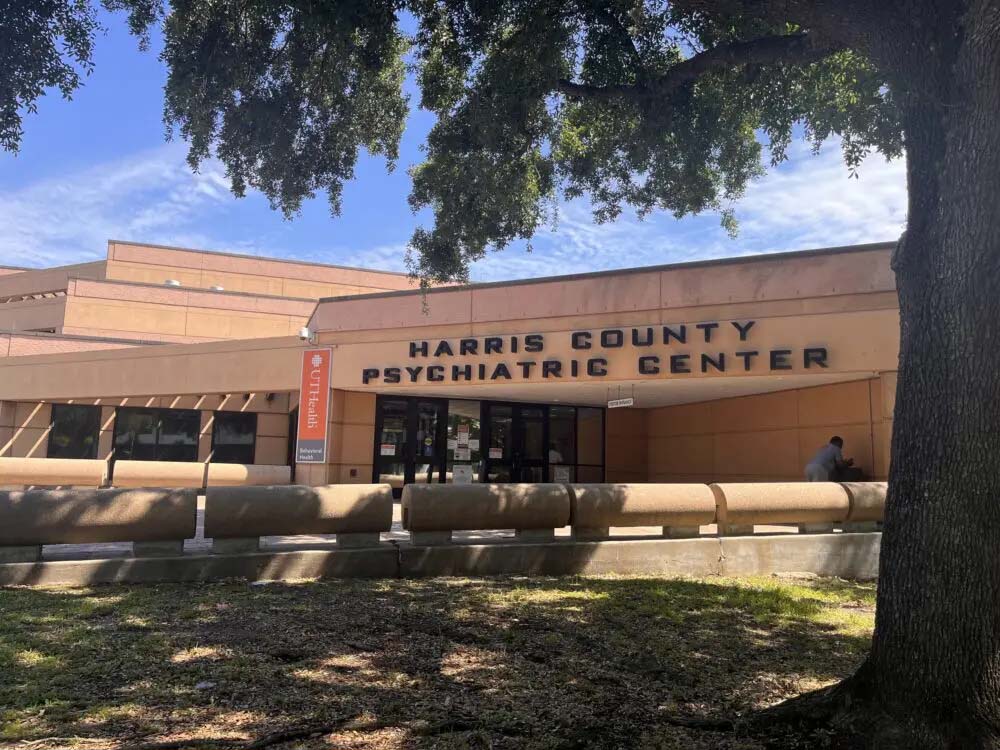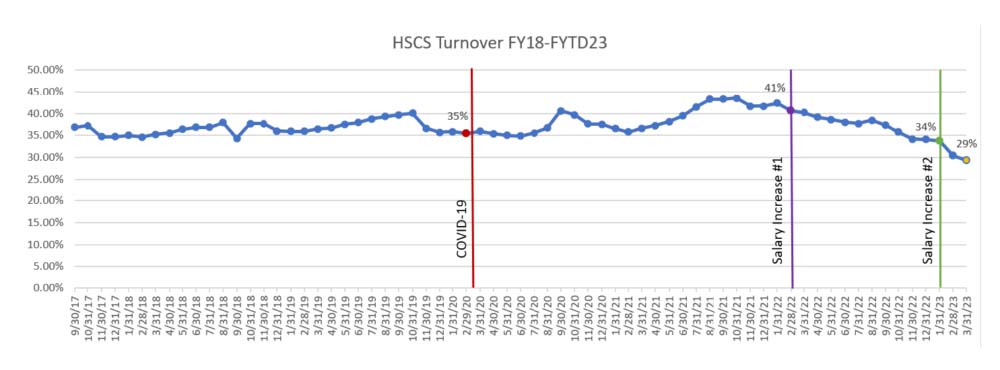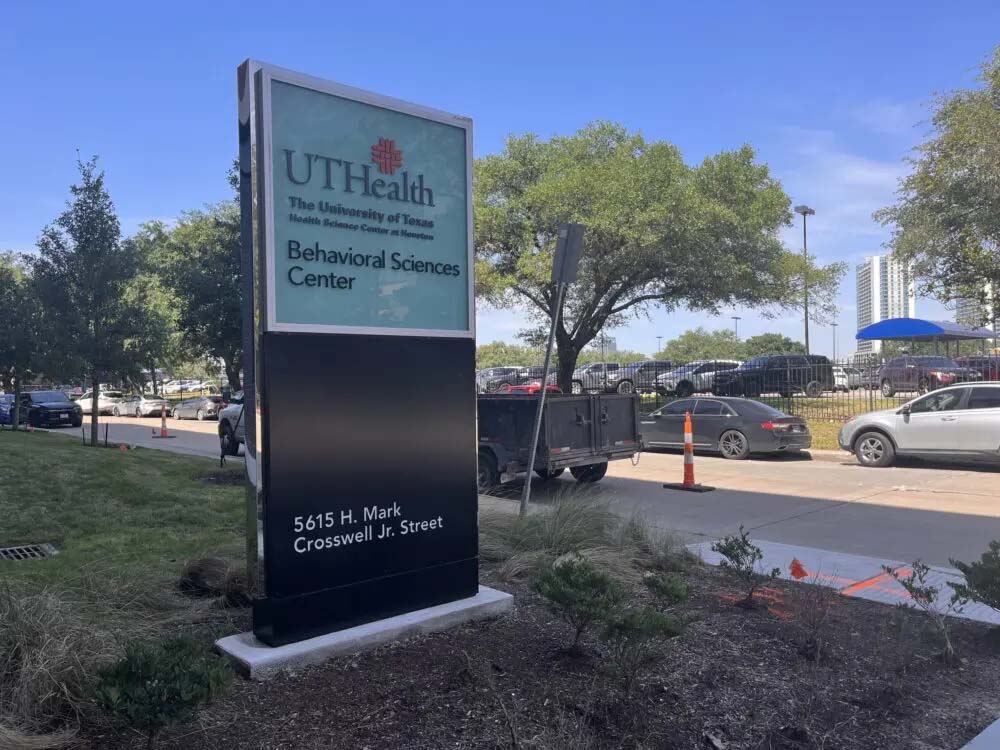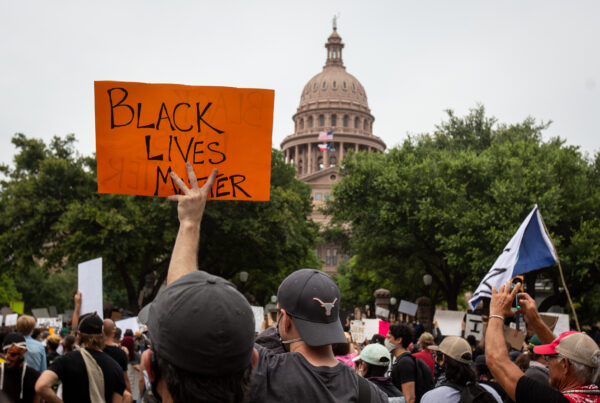From Houston Public Media:
When the John S. Dunn Behavioral Health Center, a new psychiatric hospital just outside the medical center, opened a year ago in March, it represented a step away from the state’s historic strategy for in-patient mental health care.
What sets the hospital apart is the partnership between UTHealth Houston, which is home to McGovern Medical School, and the Texas Health and Human Services Commission. State hospitals are where 85 percent of state-funded psychiatric beds are located. But The Dunn Center is one of the rare facilities in Texas that receives state funding but is operated by a university.
These partnerships are a growing force shaping health policy in Texas. Another psychiatric hospital in partnership with UT Southwestern is now under construction in Dallas. The legislature has also provided funding to 12 medical schools in the Child Mental Health Consortium to provide mental health care via telehealth to students in Texas schools.
“We’ve heard from a number of people, there’s an interest in facilitating more partnerships between Health and Human Services and academic institutions,” said Stephen Glazier, Vice President of Government Relations at UTHealth Houston. “I think there’s a real interest on the legislature’s part in exploring other opportunities to do something similar to what we’ve done.”

Harris County Psychiatric Center is across the street from the Dunn Center.
Sara Willa Ernst / Houston Public Media
UTHealth Houston Behavioral Science Campus, one of the largest campuses of its kind in the country, is a combination of the Dunn Center and the Harris County Psychiatric Center across the street. Together, there are over 500 in-patient hospital beds for people struggling with severe mental illness.
The university is now working to leverage these academic and clinical resources to expand the mental health workforce and open up access in Texas. UTHealth has requested $21 million dollars from state lawmakers over the next two fiscal years to create a new school of behavioral health sciences that would offer 35 degree or certificate programs.
The institution has received approval from the Texas Higher Education Coordinating Board and The University of Texas System Board of Regents.
Dr. Lokesh Shahani, Chief Medical Officer of the campus, said it’s especially important to expand training opportunities for specialized and high-needs populations. Forensic patients, Texans deemed incompetent to stand trial and ordered by the court to get treatment, make up the majority of the waitlist.
“The standard length of stay for an acute inpatient setting is 7 to 10 days versus a forensic hospital is 90 to 120 days,” Shahani said. “Treatments are different. Behavioral programs are different.”
He said the idea is to create a pool of candidates that can seamlessly move from trainee to hospital employee.
“They’re more likely to be retained (at the hospital) and more likely to be experienced working with a forensic population,” Shahani said. “And hence, you can make your future pipeline of psychiatrists right there.”
Staffing shortages exacerbated by the COVID-19 pandemic are still plaguing the state hospital system. These challenges mean there are funded beds sitting empty. Over 700 beds are offline now, according to data from Texas Health and Human Services.
The state is working on a range of immediate and long-term solutions to mitigate this reality. Building partner hospitals in urban centers is a tool that the state is leaning into. Most state hospitals are in rural parts of Texas, areas where it’s notoriously difficult to hire.
“Recruiting folks to rural areas is a challenge that we’re blessed that we don’t have that same challenge is there,” said Daniel Doyle, Chief Operating Officer at UTHealth. “Getting folks to Houston is a lot easier than to get folks out to some of these more rural state hospital locations.”
Health and Human Services also increased salaries for state hospital staff in January. Since then, turnover has dropped from 34 percent to 29 percent, said a spokesperson in an email. As a result, almost 250 beds have come back online.

There was a change in turnover after HHSC offered salary increases to state hospital staff.
Courtesy Health and Human Services
Lawmakers are considering a $130 million proposal to continue paying higher wages. There’s seems to be political will to sustain those raises.
“There’s a pay raise for the workers at our state hospitals,” said Senator Lois Kolkhorst at a press conference last month. “It’s nearly a 40% increase in salaries. And we are seeing a good take up.”
She acknowledged the consequences when these beds don’t have the staff. Patients in the criminal justice system suffer the worst. They can end up waiting months or years in jail if a bed isn’t available.
“I believe it’s a civil rights issue,” Kolkhorst said. “You shouldn’t be waiting in jail to have mental competency restored to wait to go to trial.














